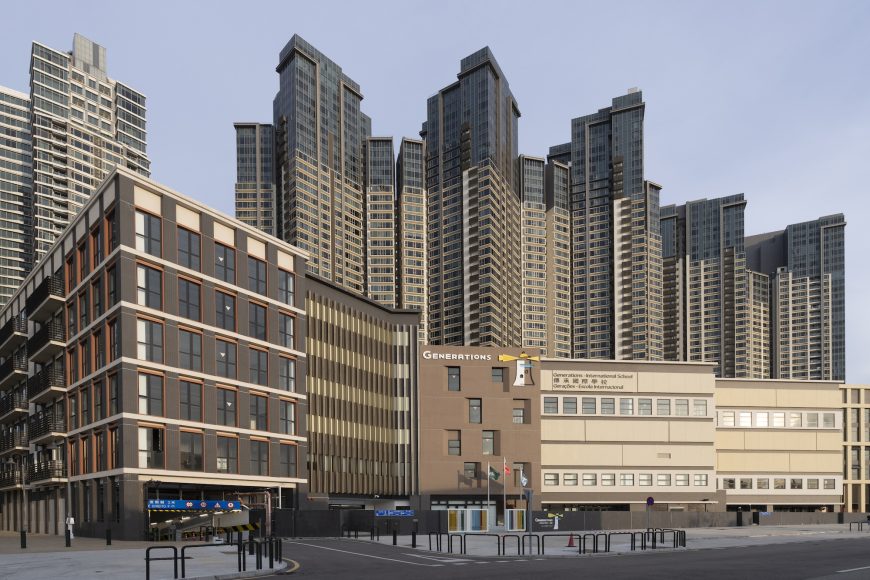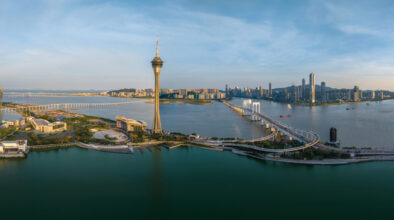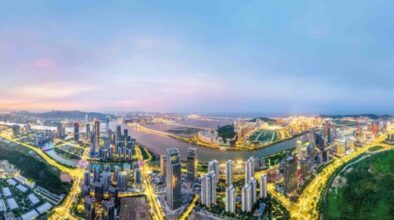Macao has added a novel international school to its educational mix: Generations, also known by its Lusitanian name Gerações. There’ll be a strong emphasis on children’ emotional well-being and personal growth within its five-storey campus, as well as a modern trilingual curriculum (students will speak, read and write English, Chinese and Portuguese).
As of now, Generations has opened its doors to students in years K1 to P3 (higher years will follow). The school – which is located in Coloane – has Finnish foundations. Principal Pekka Eksyma – who hails from the Nordic country – describes the Finnish model of learning as all about fostering “children’s natural curiosity and tendency to inquire and learn in the early years and focus on the skills to succeed in life.”
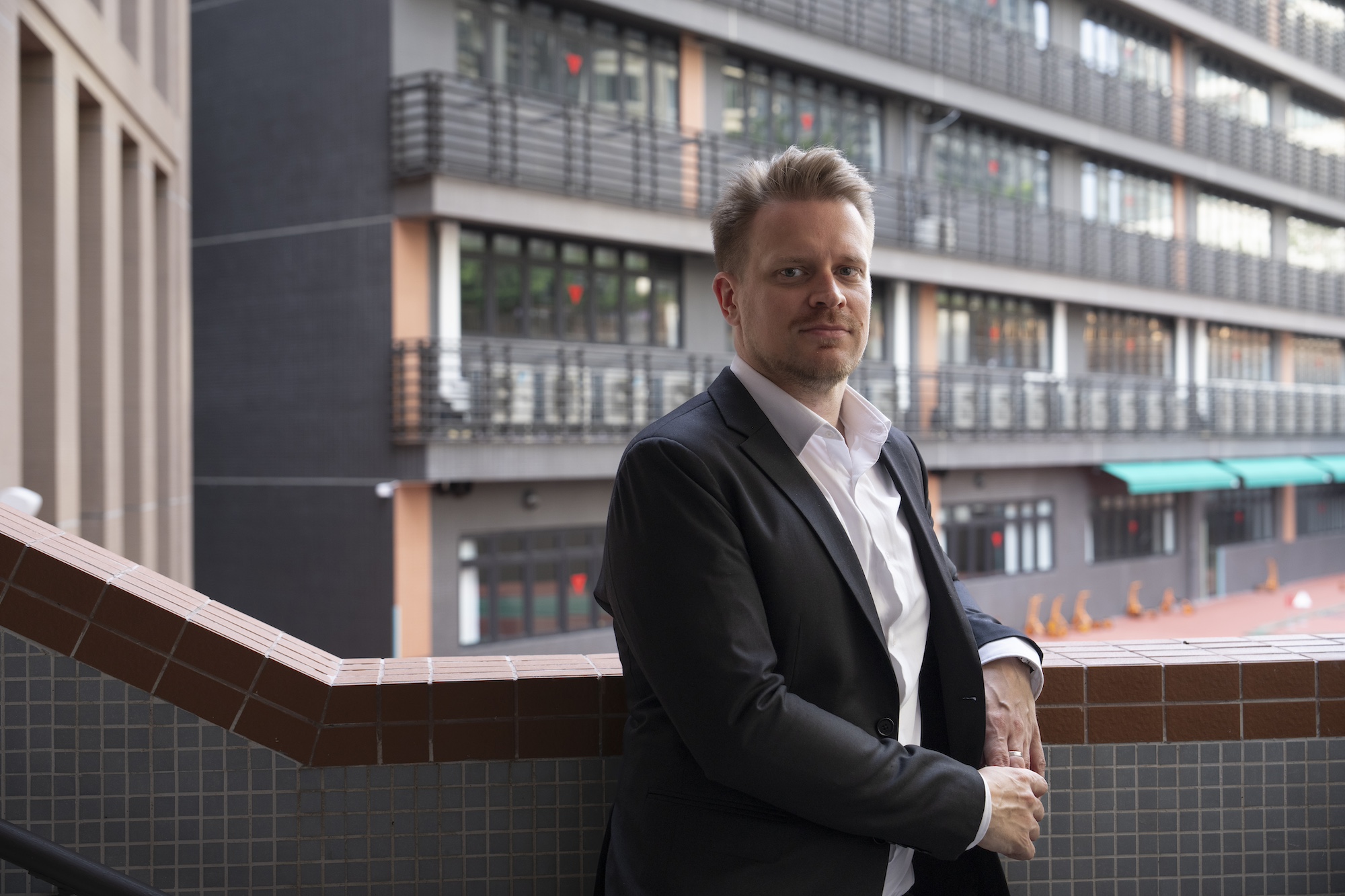
Students at Generations receive a holistic education. There are lessons in traditional subjects, but also yoga, access to psychologists, and freshly prepared meals devised by Portuguese dieticians. Classes at Generations are small, and each child follows an individualised learning plan. Uniforms, created by Portugal’s Maria Cristina Lopes, are casual, colourful and full of thoughtful details. The aim, according to the school, is to create the kind of alumni who will further global “peace, cooperation and development.”
In the 2022/2023 school year, there were 75 schools in Macao of which eight were public schools, while the remaining 67 were private. Several are international, offering Canadian, British and Portuguese curricula. With its Finnish approach, Generations further widens the educational options for Macao families.
The origin story
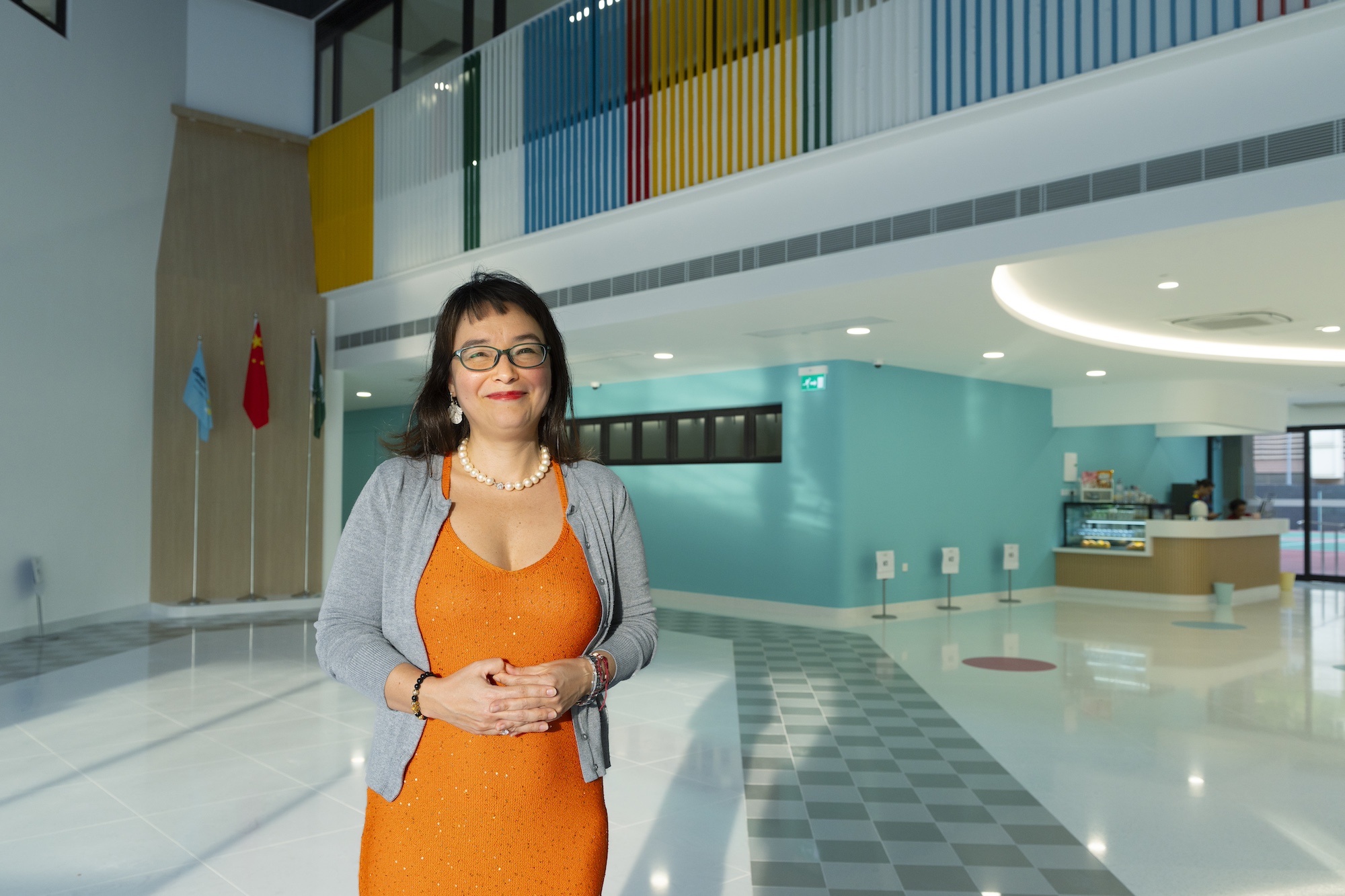
Generations was co-founded by ex-investment banker Edith Jorge, her father Nuno Jorge (president of the Organization of the Families of Asia and the Pacific), and Macao government Executive Councillor Leonel Alves. Edith Jorge serves as its CEO.
The Jorge family’s connection to Macao dates back 450 years, and is partly chronicled in an evocative 1993 memoir by Edith Jorge’s aunt, The Wind Amongst the Ruins. “My ancestors,” its author writes, “built their houses on the slope of the highest hill [and] lived next to each other.”
Before establishing Generations, Jorge spent about a year researching educators and institutions across Asia, Europe, and South America – to find a model for what could work in Macao. “I wanted to first understand what the strong points were and the challenges those societies faced,” she says. Jorge conducted a thorough analysis of her findings, comparing schools, the people involved in them, and the countries they served before settling on Finland’s sisu system. Sisu is a Finnish concept that implies tenacity and resilience.
“When I came across the Finnish case, one by one, things started to make sense,” Jorge told Macao magazine. “It presented itself as, in our view, the best fit: facing head on the issue of happiness, the issue of instilling a sense of self worth in children, while never compromising their ability to be competitive in the outside world.”
“Happiness” is a word not often used in the context of the high-pressure educational environments found in many cities in the regions, but that is something Jorge wants to change.
“What we believe in is the notion that academic excellence is not incompatible with a happy existence, in which children can be children,” she says. “Hence our belief in learning through playing, which means conferring a lighter, more natural way of learning – teaching both content, but most importantly, life skills. The happier the child is, the more and better he or she will learn.”
Meeting local – and special – needs
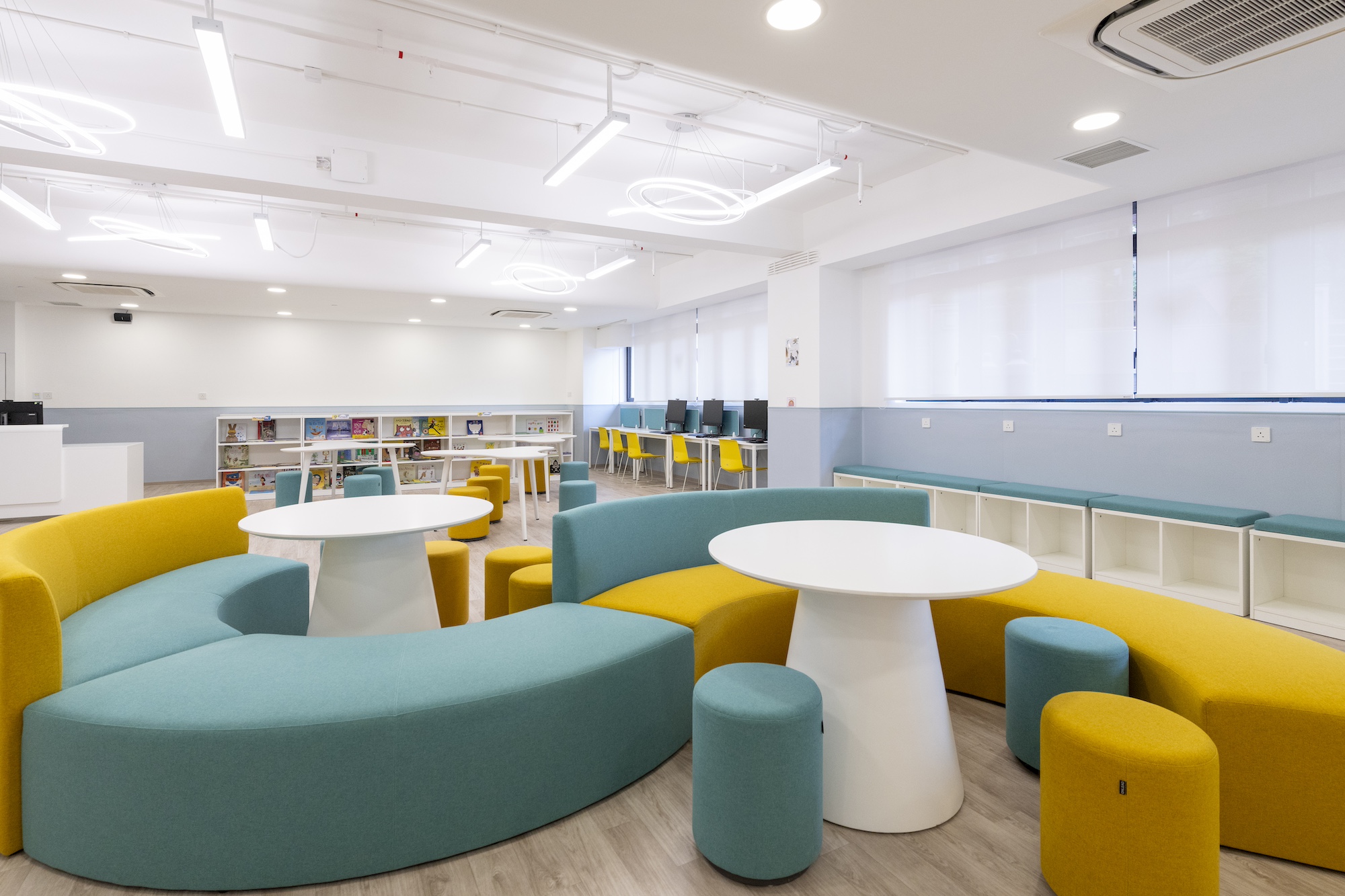
Located at the end of the Cotai Strip, Generations’ classrooms are light-filled; decked out in modish neutrals and pale wood. The school has recruited no fewer than five teachers from Finland, two with master’s degrees in special needs education.
Special needs students are uniquely catered to within the sisu system, which Generations’ principal says places great importance on inclusivity. “The way that special needs education has changed in recent years is the way we include the students with special needs in the everyday life of the school instead of excluding them in separate groups,” says Eksyma, who is the former designer of global education services at Finland’s University of Oulu.
While there’s a distinctively Nordic air to Generations, it is a Macao school at heart. Visitors entering the Macau Sino-Luso International School Association – as the non-profit entity behind the school is called – offices are greeted by a large mural harking back to the territory’s past. Created from tiles inspired by the famous Portuguese azulejos, it depicts a Chinese sailing junk bobbing beneath the watchful edifice of the Guia Lighthouse. A stylised lighthouse forms the school’s logo, with its strongest beams symbolically shining from east to west.
Nuno Jorge and Alves told Macao magazine in a written statement that multiculturalism is “an important part of the idiosyncrasy of Macao that must be transmitted” to the school’s pupils. “Macao, which was an almost deserted peninsula in the early sixteenth century, has become a city with an extremely rich human experience, where people, from different backgrounds, over time, have left indelible marks.” They aim to continue that legacy.
Macao’s future
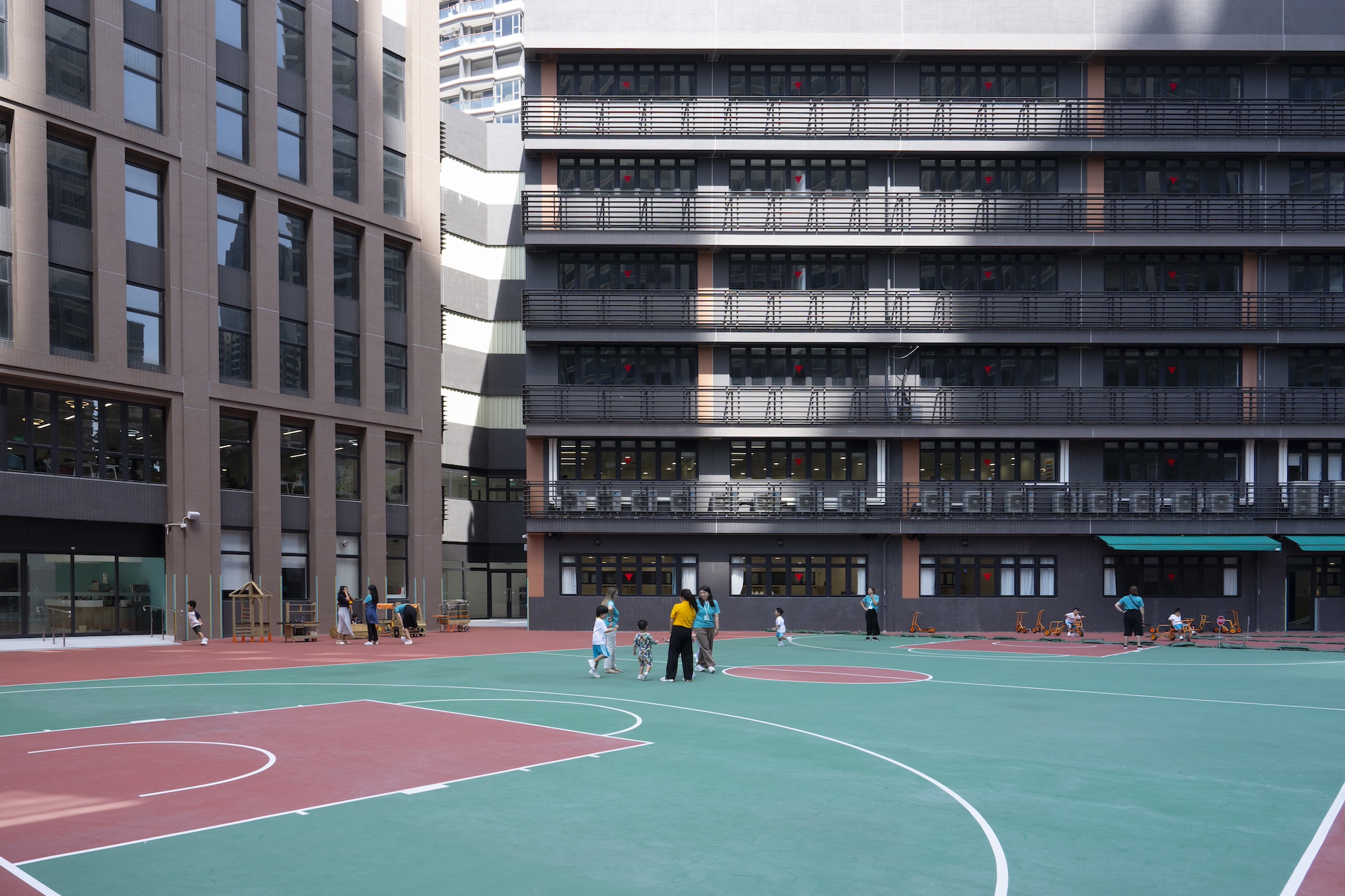
There is also, perhaps, something very ‘Macao’ about Generations’ willingness to import the best of another culture in the name of getting the job done.
“I would say we wish to nurture a strong intellectual flexibility, which comes naturally to what we believe are typical Macanese [people],” Edith Jorge says. “This mental flexibility reveals itself in a natural propensity to learn languages, to understand different cultures and incorporate them in our own, in weathering storms and celebrating achievements and good fortune.”
She describes the Macanese approach to life as “relaxed and cheerful,” placing importance on “social interaction that is maximised by the ability to effectively communicate, which entails much, much more than just speaking a certain language.”

The school is also keen to align itself with Macao’s big-picture goals. The territory is in the process of positioning itself as the tech-driven, economically diversified and exclusive bridge between the Lusophone world and the rest of China – in particular the Greater Bay Area. In that context, Generations’ emphasis on a trilingual education is no accident.
“Greater cultural connection with Portuguese-speaking countries will be one of our main objectives,” say Nuno Jorge and Alves. “We intend to be an institution which develops staff and talents that can contribute to the future, to the new impetus of the social, cultural and economic development of Macao.”
